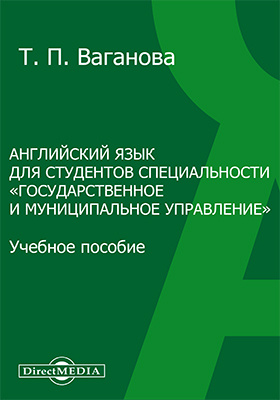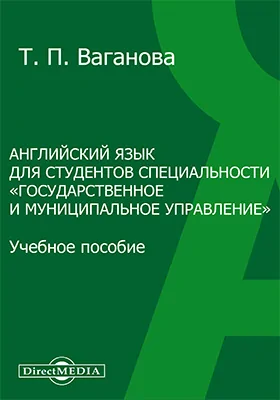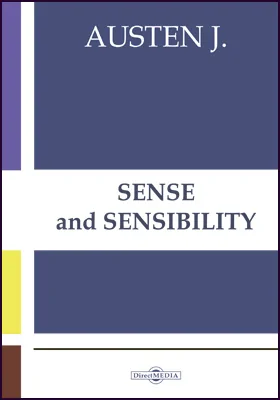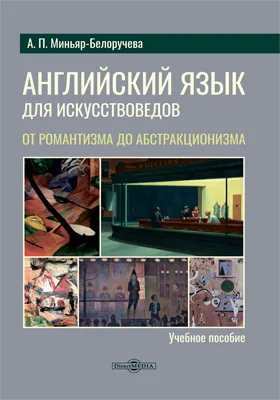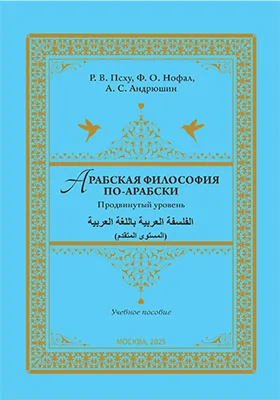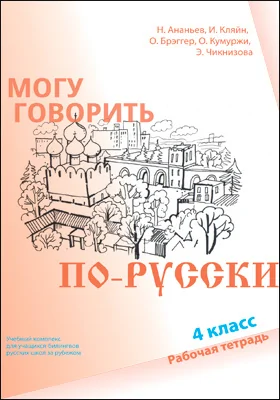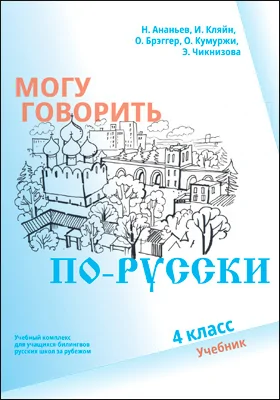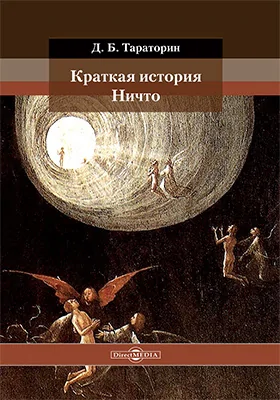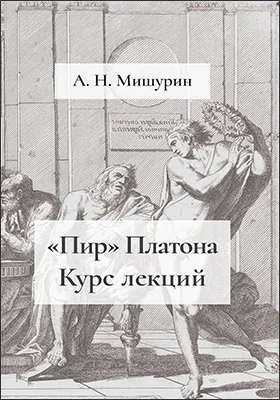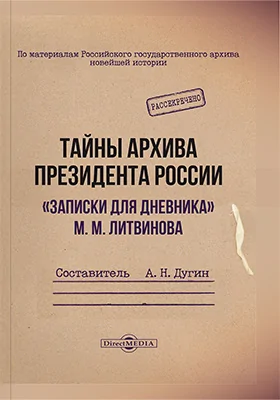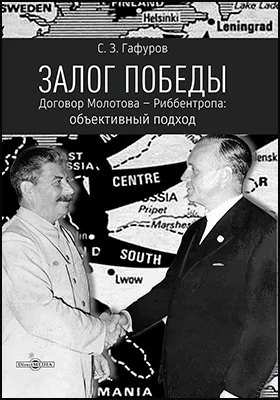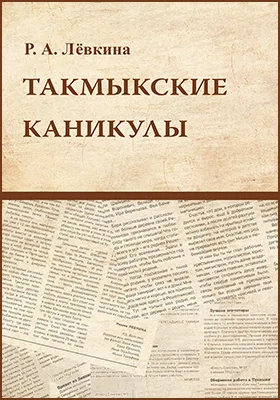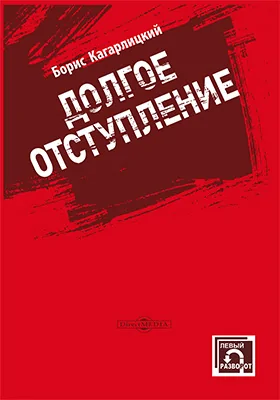
Английский язык для психологов
Здесь можно купить книгу "Английский язык для психологов " в печатном или электронном виде. Также, Вы можете прочесть аннотацию, цитаты и содержание, ознакомиться и оставить отзывы (комментарии) об этой книге.
Место издания: Москва, Берлин
ISBN: 978-5-4475-4694-6
Страниц: 64
Артикул: 11438
Возрастная маркировка: 16+
Краткая аннотация книги "Английский язык для психологов"
Цель пособия – способствовать развитию и совершенствованию навыков устной речи на тематической основе. Данное учебное пособие предназначено для студентов 2 курса Института психологии по специальности «Педагогика и психология», а также может быть использовано учителями английского языка и лицами, изучающими английский язык на курсах и самостоятельно.
Содержание книги "Английский язык для психологов "
UNIT I. THE POLITICAL SYSTEMS IN ENGLISH- SPEAKING COUNTRIES
READING
PSYCHOLOGICAL CORNER
UNIT II. MEALS
READING
PSYCHOLOGICAL CORNER
UNIT III. PAINTING
READING
PSYCHOLOGICAL CORNER
UNIT IV. GLOBAL AFFAIRS
READING
PSYCHOLOGICAL CORNER
Все отзывы о книге Английский язык для психологов
Отрывок из книги Английский язык для психологов
forcement. The reinforcement can be either reward or avoidance of punish-ment. It is preferable to learn under the incentive of rewards rather than the threat of punishments. Some degree of motivation is also essential for efficient learning. Human beings can sometimes acquire knowledge without deliberate effort, but the results are limited. This type of learning, which occurs without intention or obvious cause, is called latent learning. One definition of it is: «any learning which is not immediately manifested in performance». The only way we can be sure that learning has taken place is if it is man-ifested in performance. The performance is brought forth usually under the offer of some sort of reward which the individual is motivated to acquire. So, we may say that we learn better if we want or need to learn. Many different kinds of conditions of motivation affect the way we learn. If we are trying to teach someone a lesson, his desire to learn will en-hance his achievement; but too much motivation can lead to extreme anxiety and excitement which will actually interfere with the learning process. Mod-erate, not intense desire is needed. External rewards such as marks for classroom work in a school will be effective only if they are what the stu-dent wants. Not only must the reward be desired, but the material to be learned must also have meaning. Another important condition, especially in the development of skills, is distribution. Distribution of learning and practice allows the material or skill to be much better assimilated. Just as excessive motivation interferes with success, so does over-concentrated practice. Study and learning for examina-tions, for example, should be spread over the entire term and not crammed into the few days before the test. This is not to say that cramming will be ineffective. The performance upon which the student is evaluated is the one he delivers on the examination day. If «cramming» helps hi...
Ваганова Т. П. другие книги автора
С книгой "Английский язык для психологов" читают
Внимание!
При обнаружении неточностей или ошибок в описании книги "Английский язык для психологов (автор Татьяна Ваганова)", просим Вас отправить сообщение на почту help@directmedia.ru. Благодарим!




